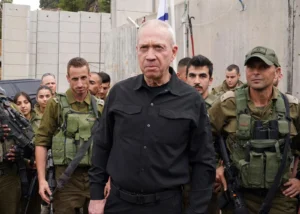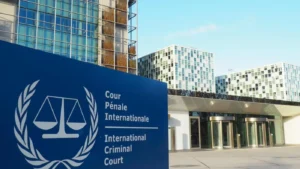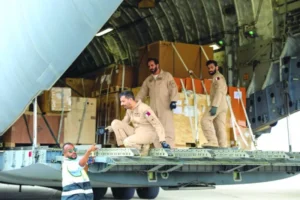Kiir warns delaying elections could reignite war in South Sudan
South Sudan’s President Salva Kiir has issued a stern warning that postponing the December 2024 elections could plunge the nation back into war.

South Sudan’s President Salva Kiir has issued a stern warning that postponing the December 2024 elections could plunge the nation back into war. Citing the 2018 revitalized peace agreement and public sentiment, Kiir dismissed calls from some international quarters and the opposition to further delay the polls.
“There are those in Europe and America who suggest that holding elections on schedule would reignite conflict,” Kiir stated. “I assure you, no one will fight. It is the postponement of elections that risks war.”
The 2018 peace agreement initially envisioned the transitional government ending in 2023. However, due to unmet key provisions, notably security arrangements, the timeline was extended to February 2025. Despite this, the National Elections Commission recently set December 22, 2024, as the election date, a move met with both hope and scepticism.
Critics, including political rivals, civil society groups, and faith-based organizations, have expressed doubts about the feasibility of holding credible elections by the December deadline.
They cite logistical and economic challenges, as well as the lack of political will to establish independent oversight bodies, tackle corruption, and create impartial judicial, security, and military institutions.
The current security forces remain aligned with various parties to the peace agreement, and many remain untrained and unintegrated under a unified command. This partisan nature raises concerns about their ability to ensure free, fair, and credible elections.
Additionally, democratic institutions remain weak, with limited power sharing and accountability. Opposition leaders, civil society activists, and media face threats, intimidation, and violence.
President Kiir’s ruling SPLM party, however, remains committed to the December timeline, citing its recent meeting on democratic transition strategies where the decision to hold elections was reaffirmed.
Observers warn that the situation remains precarious, with many obstacles to overcome before South Sudan can hold its first elections since gaining independence in 2011.








